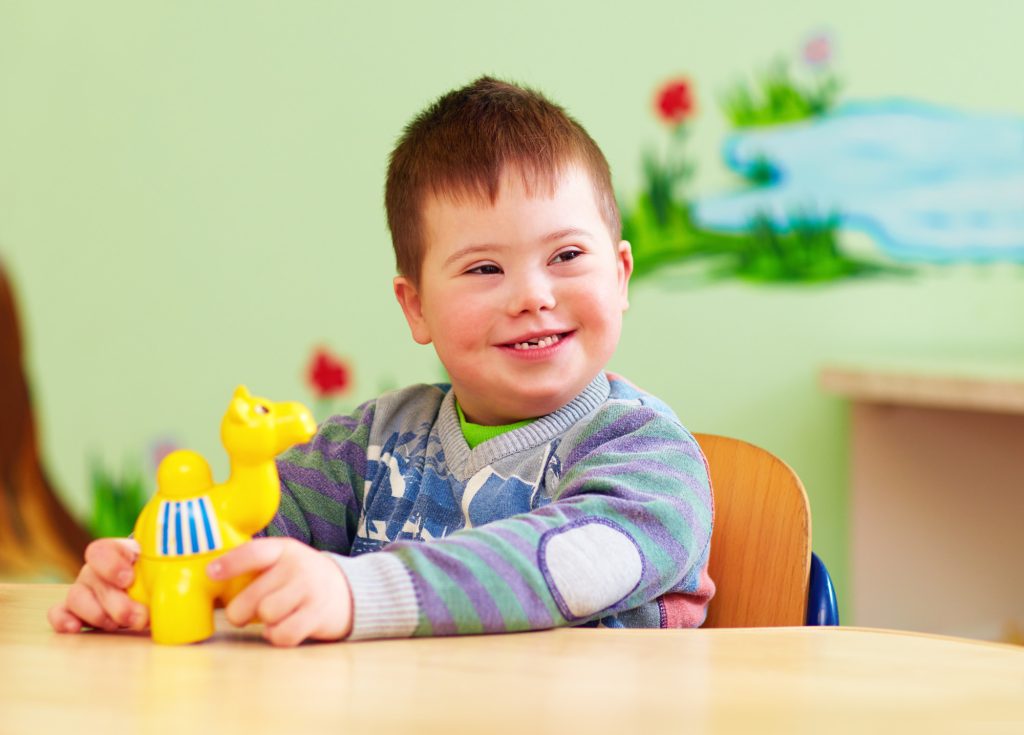Are you here to understand developmental disorders? If yes, it’s essential to know the differences between Down syndrome vs autism. Both conditions affect people in different ways and need different approaches.
In this guide, we will explore the distinctions between the two. This will help you gain a deeper understanding of these conditions. We’ll see how they impact individuals and families.
If you’re a parent, caregiver, or simply seeking knowledge, this overview will help you. If you’re ready, read on.
Down Syndrome: Signs and Characteristics
Down syndrome is a genetic condition caused by an extra copy of chromosome 21. It often comes with physical features like slanted eyes, a flat face, and a shorter height.
People with this condition may have cognitive delays. They may have difficulty with speech and language and various health problems.
They may need early intervention, specialized education, and therapies. These are important to reach their full potential. Understanding common signs and characteristics can help provide the proper care and support.
Autism: Signs and Types
Autism is a developmental disorder that affects social interaction, communication, and behavior. It can vary widely in how it appears and how severe it is.
Common signs of autism include difficulties with social interactions and repetitive behaviors. They can also have trouble with communication (both verbal and non-verbal). They may also be sensitive to certain things.
There are also different types of autism. This can include autistic disorder and Asperger’s syndrome. Another one is a pervasive developmental disorder not otherwise specified (PDD-NOS).
Each type has its unique characteristics and challenges. But, all fall under the broad autism spectrum.
Understanding the signs and types of autism is crucial for tailored support, and an autism therapist plays a pivotal role in providing specialized care and guidance for individuals navigating the spectrum.
Understanding the Differences
Both impact individuals’ lives. they are separate conditions with different causes and effects. Down syndrome is primarily caused by having an extra chromosome. Autism affects the development of the brain.
Down syndrome is often associated with specific physical features and intellectual disabilities. On the other hand, autism primarily affects social interactions and communication skills.
Recognizing and respecting these differences is essential. This is to provide appropriate support and interventions for individuals with either condition.
Living with It
Living with these conditions presents unique challenges. But it also presents rewards for individuals and their families.
It’s crucial to create an inclusive and supportive environment. This is to promote independence, growth, and well-being.
Early intervention programs and educational support are helpful for individuals with Down syndrome. They might also need therapies focused on speech and motor skills development.
Similarly, individuals with autism benefit from a range of interventions. This can include interactive therapy and speech therapy.
This can also be occupational therapy. All these can enhance communication, social skills, and overall functioning.
One effective approach for individuals with autism is interactive ABA therapy. It uses positive reinforcement and structured activities. This is to teach new skills and reduce challenging behaviors.
Embracing Differences and Providing Support
As a society, it is our responsibility to create an inclusive environment. We need to support individuals with Down syndrome and autism.
Educate yourselves about these conditions. Promote acceptance and advocate for equal opportunities. These are all important steps toward building a more inclusive world.
Understanding the Differences Between Down Syndrome vs Autism
Understanding these conditions is essential for providing the right support and care. With the differences between Down syndrome vs autism in mind, we can be inclusive. We can ensure that everyone leads fulfilling lives and reach their full potential.
Remember, each person is unique. With the right support, they can make meaningful contributions to our society. If you think this article is helpful, check out our other blogs!
James Martin is a passionate writer and the founder of OnTimeMagazines & EastLifePro. He loves to write principally about technology trends. He loves to share his opinion on what’s happening in tech around the world.



